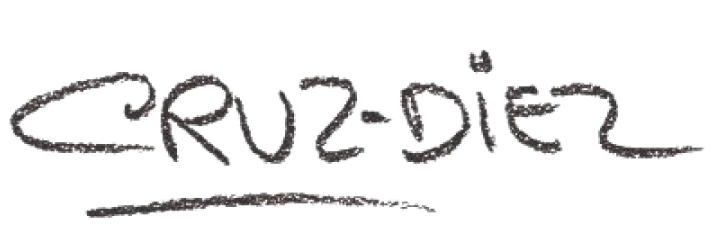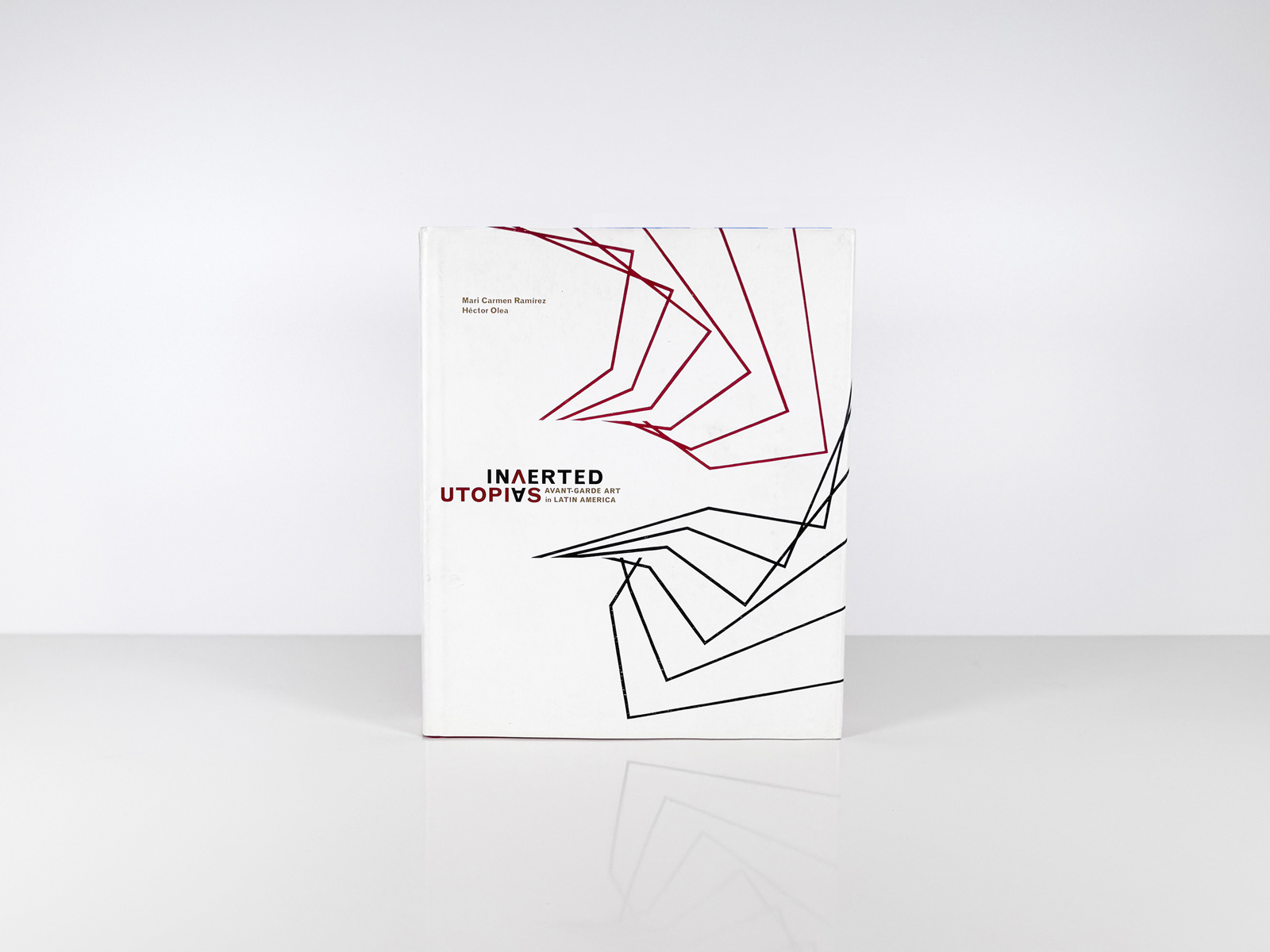Inverted Utopias. Avant-Garde art in Latin America.
Mari Carmen Ramírez and Héctor Olea.
London: Yale University Press; Houston: The Museum of Fine Arts, 2004, 586 p.
ISBN: 978-0300102697
The central idea of these works lies also in the will to make the audience face primary, elemental occurrences such as the successive confrontation of spaces saturated with complementary colors. Visual shock should produce conditional renexes and emotional responses in the spectator, a possible source of what Cruz-Diez calls "new mythologies".
Mari Carmen Ramírez and Héctor Olea - Inverted Utopias, 2004



